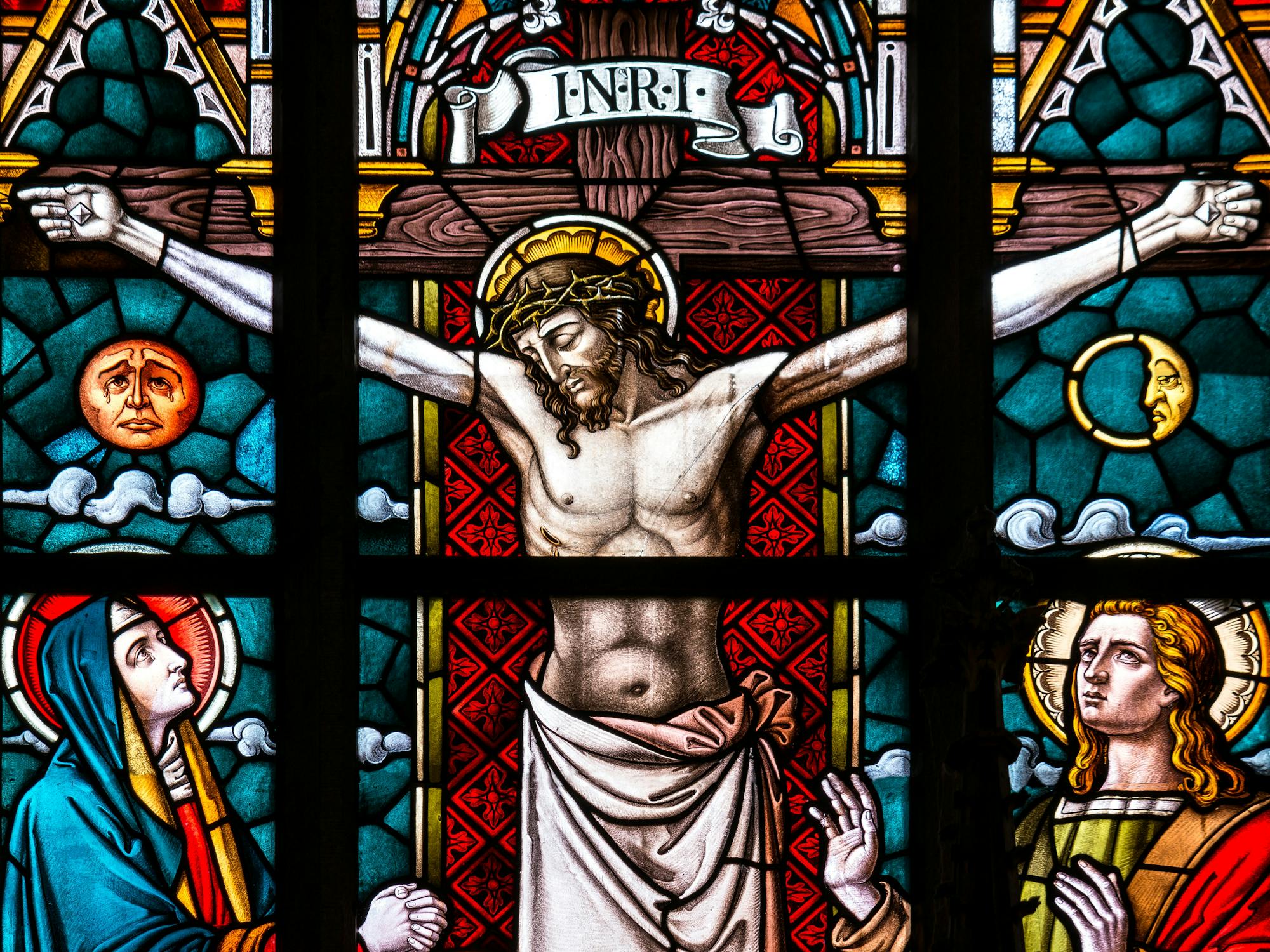The question touches on the core of Christian theology concerning the reason for Jesus Christ’s death and its significance in the plan of salvation. To address this deeply profound issue, we turn to the principles laid out in the Scriptures.
At the heart of the matter is the nature of God and the nature of humanity. God is perfectly holy and just, as described in Leviticus 19:2, “Speak to all the congregation of the children of Israel, and say to them, ‘You shall be holy, for I the Lord your God am holy.’” Humanity, on the other hand, has been marred by sin since the fall in the Garden of Eden (Genesis 3). Romans 3:23 summarizes this condition, saying, “for all have sinned and fall short of the glory of God.”
The justice of God requires that sin, the moral debt of humanity, be addressed. The penalty of sin is death, as Romans 6:23 begins, “For the wages of sin is death…” In the Old Testament, the sacrificial system was established as a means for covering sins temporarily, pointing forward to a final, perfect sacrifice. Hebrews 9:22 explains, “And according to the law almost all things are purified with blood, and without shedding of blood there is no remission.”
The death of Jesus Christ is central to the Christian faith because it represents the fulfillment of this sacrificial system. Jesus, being both fully God and fully man without sin, was the only one capable of paying the price for humanity’s sin once and for all. 2 Corinthians 5:21 explains, “For He made Him who knew no sin to be sin for us, that we might become the righteousness of God in Him.” Through His death, Jesus bore the punishment for sin, satisfying God’s justice and making reconciliation with God possible.
In this divine plan, God’s love is also manifested. John 3:16 famously declares, “For God so loved the world that He gave His only begotten Son, that whoever believes in Him should not perish but have everlasting life.” The crucifixion of Jesus wasn’t a failure of God’s plan but the fulfillment of it, demonstrating both His justice in dealing with sin and His love in providing a way for humanity to be forgiven and reconciled to Him.
In summary, the death of Jesus Christ was necessary not because God could not simply forgive sin without it, but because God, in His justice and love, chose to deal with sin in a way that upheld His holiness, satisfied the requirements of justice, and demonstrated His profound love for us, making forgiveness and reconciliation possible.





Leave a Reply